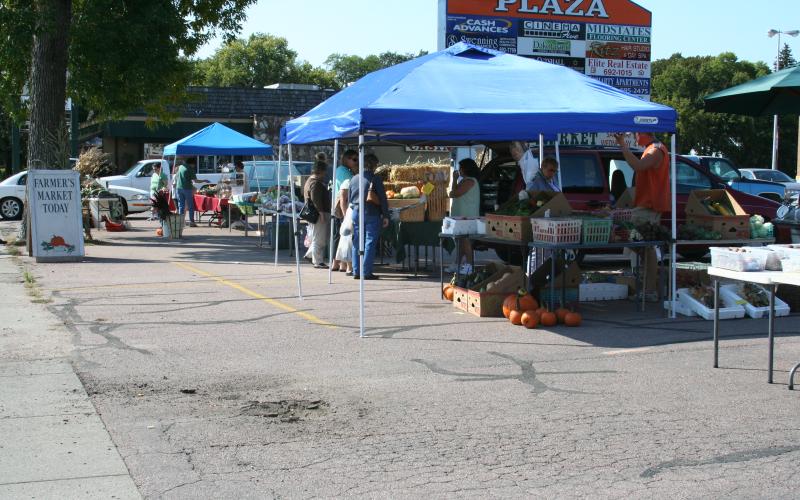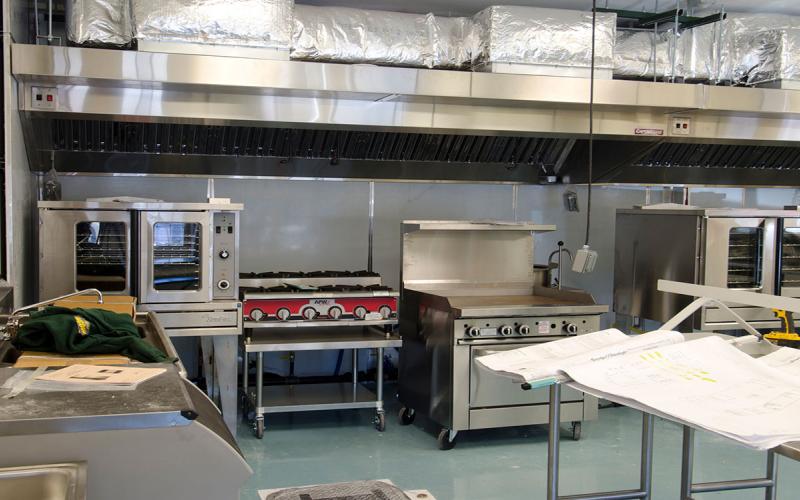There has been an interest amongst food entrepreneurs who process acid and acidified canned goods and who are looking for a way to have their non-evidenced or home canned goods reviewed and approved by a processing authority. The passage of the Cottage Food Law (HB 1322) has also encouraged more processors to bring their canned goods to Farmers Markets, temporary selling venues, or sell their products at their residence. In South Dakota, there has not been a service that offers the food entrepreneur the opportunity to have one of their home-based or non-evidenced-based canned good recipes reviewed using evidence-based methods. This article will describe SDSU Extension’s evidence-based canned good review for acid and acidified products that is available to residents of South Dakota.
Product Evaluation Form
The processor will need to fill out the Food Safety Product Evaluation Request Form and return it to the SDSU Extension Food Safety Specialist. The Extension Specialist will need this form filled out to ensure the recipe and processing steps are followed as dictated by the food processor. If the Extension Specialist has questions regarding the recipe, they will consult the food processor.
Time and Temperature
One of the hurdles to reviewing non-evidence-based or home recipes has been the ability to accurately monitor and record the internal temperature of the canned good as it’s being processed in a boiling water bath canner. SDSU Extension has invested in technology that can measure and record the time and temperature of the canned good product as it is being processed in a boiling water bath canner. With this technology, we can see and record the heat curve and measure this at the slowest heating point in the container, or rather, the geometric center.
Pathogen 5-log Reduction Literature
The USDA has published literature that gives the minimum 5-log reduction time and temperatures for pathogenic bacteria in acidified foods with a pH above 3.3. The time and temperature that is recorded from the temperature probe and data logger can be compared to the established literature values to ensure a 5-log reduction is achieved. Since the time and temperature are recorded in real-time, we can ensure that there is an adequate amount of time to properly process and achieve a 5-log reduction of vegetative pathogenic bacteria.
Product pH
Knowing the pH of the product is critical for ensuring the safety of the product. SDSU Extension has pH probes to measure the pH of the product. Additionally, SDSU Extension has historically only approved acid or acidified canned goods with a pH ≤4.2 given there is variability in the pH of foods and variability in processing.
Review of Canned Good Process
The Extension Specialist will review the canned good information in whole. This will include a review of the recipe, processing the product according to the recipe, reviewing the time and temperature meet a minimum 5-log reduction, and testing the pH of the product. Based on these factors, the SDSU Extension Specialist will then either approve the product and notify the processor or not approve the product and notify the processor. If the product has been approved, the processor will receive documentation that the product was reviewed and approved by a 3rd party processing authority. If the product is not approved, the processor has the option of continue to work on modifying the recipe with the Extension Specialist, but the product will not be approved as is.
Cost and Availability
The cost of this service is free and available only to residents of South Dakota. To be able to offer this service free of charge, SDSU Extension has limited the availability of this service to South Dakota residents. Since this service can be time-intensive, the lead time is typically one month. If the lead time is shorter or longer, the SDSU Extension Specialist will communicate this to the processor.
Conclusion
If you’re interested in having your non-evidenced-based or home recipe reviewed by SDSU Extension, please feel free to reach out to the Food Safety Extension Specialist for more questions. SDSU Extension’s hope is that this service will support and ensure food safety of acid and acidified canned good production in South Dakota.


